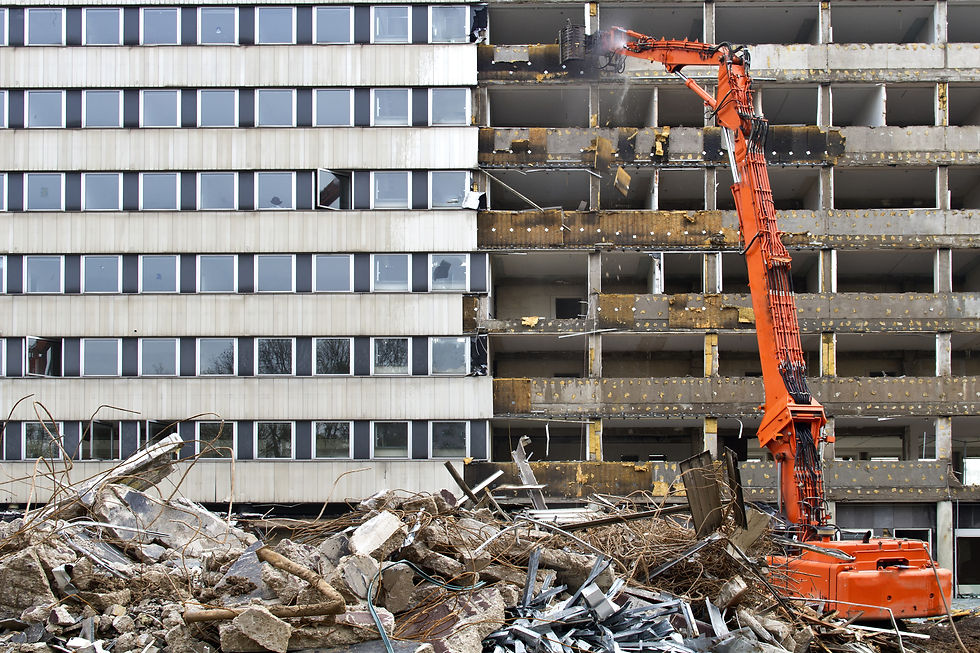What Happens If I Don’t Get a Building Information Certificate?
- shrishmaofficial
- Aug 3, 2025
- 2 min read
If you own or are buying a property in NSW with unapproved structures, you might be wondering if you can simply leave them as-is.
It might seem like an easy decision to avoid the paperwork, but skipping a Building Information Certificate (BIC) can trigger serious consequences.
As experienced planning consultants, Town Planning Sydney regularly helps clients navigate the NSW planning system and avoid costly legal or financial setbacks.

Here’s what could happen if you don’t get a BIC.
1. Council May Issue an Order to Demolish
NSW councils are legally required to enforce planning and building regulations
If they become aware of unauthorised works, they can issue an Order to remove, alter or demolish the offending structure.
We recently worked with a client in Western Sydney who unknowingly purchased a property with an unapproved garage conversion.
Council inspection triggered a demolition notice, forcing urgent action and legal costs that could have been avoided with timely planning advice.
2. You Could Face Fines or Legal Action
Unauthorised structures often breach the Environmental Planning and Assessment Act.
This means councils can issue penalty infringement notices or commence legal proceedings.
In some cases, fines can be issued per day the structure remains non-compliant.
Without a BIC, there is no formal record that the structure meets safety and planning requirements under NSW planning law.
3. It Can Delay or Derail Your DA Approval
Planning a renovation or development application (DA)?
If there are unapproved elements on your property, council may refuse to assess your new DA until those issues are resolved.
We once advised a developer in Inner West Sydney who planned a dual occupancy.
Their DA was stalled because the rear shed was built without prior council approval.
A BIC resolved the issue, but delayed the project by six months.
4. You May Struggle to Sell or Refinance
When selling a property, buyers and solicitors often request a BIC to confirm structures comply with council regulations.
If you don’t have one, this can scare off buyers or result in last-minute settlement delays.
Mortgage lenders may also require evidence of council approval or a valid development application before refinancing.
In our experience, a lack of planning certificates can be a red flag for banks and legal representatives.
5. You Risk Insurance Issues or Liability
Unapproved structures might not be covered under your home insurance.
If damage or injury occurs related to those works, your insurer may deny the claim.
This poses a financial and legal risk, particularly in the case of accidents or weather damage.
A BIC provides assurance that the structure is safe and acceptable under local regulations.
Why a Planning Consultant Helps?
A qualified planning consultant understands the development application process, DA approval hurdles and the intricacies of NSW planning law.
At Town Planning Sydney, we provide clear planning advice, handle all council communication and offer in-house drafting to speed up approvals.
If you're dealing with an unapproved structure, our team ensures your BIC application is lodged correctly and strategically.
We help homeowners, investors and business owners avoid unnecessary delays, fines and demolition orders by securing timely council approval.
Getting a BIC is more than a formality, it's essential to protect your property's future.
.png)




Comments